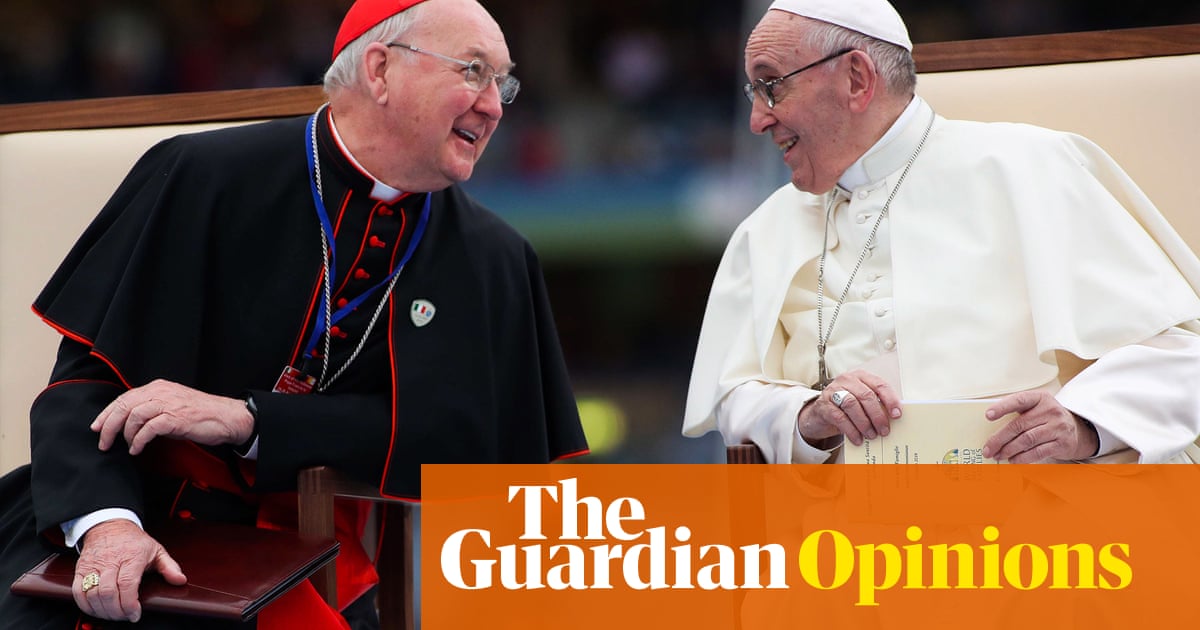Idon’t think I’m imagining a collective amusement at “a bloke called Kevin”, asone headlineput it, becoming thecamerlengo, or interim pope and conclave organiser. The Vatican is such an incense-scented swirl of robes and ritual, history and high camp that it feels pleasingly incongruous that the person temporarily presiding over all its weird arcana is the very ordinarily named Cardinal Kevin Farrell.
But is there a kind of snobbery to it? That’s something the Kevins of France know all about. The name became exceptionally popular there in the early 1990s, especially among working-class families,peaking in 1994 when 15,000 babies were called Kevin. It caught on, the thinking goes, thanks to the prominence of a handful of US pop culture Kevins at a time when people were starting to be more adventurous in naming their kids, including Kevin from Home Alone (1990), Dances with Wolves-era Kevin Costner (1990) and Kevin Richardson of the Backstreet Boys.
As a result, a community of thirtysomething Kevins became a cheap punchline, ridiculed and discriminated against. It is a phenomenon detailed with humour but also real distress in a documentary released this MarchSauvons les Kevin(Save the Kevins), directed by Kevin Fafournoux. The 500-plus Kevins interviewed describe how people laugh when they give their names and assume they are vulgar and thick; how their job applications go nowhere and they get rejected on dating sites.One sayshe pretends to be called Gabriel at Starbucks; another changed his name and appears only in silhouette, voice disguised. It is a similar story in Belgium, Québec and Germany, where the term “Kevinismus” (Kevinism) was coined to describe the snobbish preconceptions associated with Kevin and other US import names.
I hope these beleaguered Kevins are enjoying their older namesake’s prestigious papal moment. The name waspopular far earlierin Farrell’s native Ireland, probably thanks to the sixth-century local saint, Kevin of Glendalough. That makes me think: popes can choose any papal name they like and there’s already a saintly precedent, so maybe it’s time to smash the stigma for good with a Pope Kevin?
Emma Beddington is a Guardian columnist
